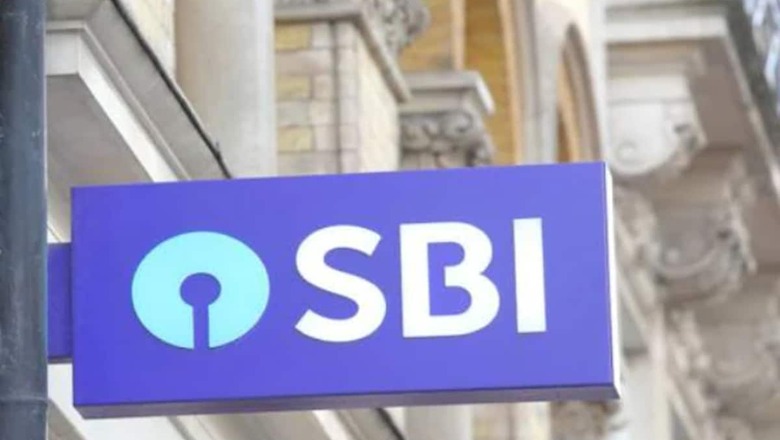
views
Post office fixed deposits (FDs) are a safe option to invest your money. The schemes offer returns which are competitive with many bank FDs. After the Reserve Bank of India’s cycle of repo rate increases from May 2022, banks have also hiked the return on term deposits, with many banks offering over 7 percent interest. The State Bank of India offers returns between 3 and 7.5 percent on fixed deposits.
If you are confused whether to invest your money in a post office FD or a SBI term deposit, there are several factors you need to consider.
Duration:
The duration of a term deposit in the State Bank of India can be from 7 days to 10 years. Post office schemes are for a duration of 1, 2, 3 and 5 years only.
Returns:
For the general public, the State Bank of India offers returns between 3 and 7 percent on retail deposits below Rs 2 crore. Senior citizens get 0.5 percent extra rate of interest. Under the special Amrit Kalash scheme of the bank, the yields can go up to 7.6 percent. The tenor of the Amrit Kalash scheme is 400 days.
Post office term deposits offer interest between 6.8 and 7.5 percent. The interest is compounded annually. There is no special rate for senior citizens.
Tax benefits:
Both SBI and post offices will provide customers with tax benefits under the Income Tax Act.
Premature Withdrawal:
In terms of post office, no FD can be withdrawn before six months from the date of the deposit. If the deposit is closed after six months, but before a year, the post office Savings Account Interest rate will be applicable on the FD.
The SBI FD can also be withdrawn prematurely. A penalty will be imposed.
Which option to choose between SBI and post office FD?
You need to take into account your financial goals before making a decision. Both the State Bank of India and post office schemes offer stable returns since they are linked to the government.
If you want to opt for a short duration term deposit, SBI may be a better option. For longer duration FDs, you can make your decision after taking the rate of returns into account.
Read all the Latest Business News, Tax News and Stock Market Updates here




















Comments
0 comment